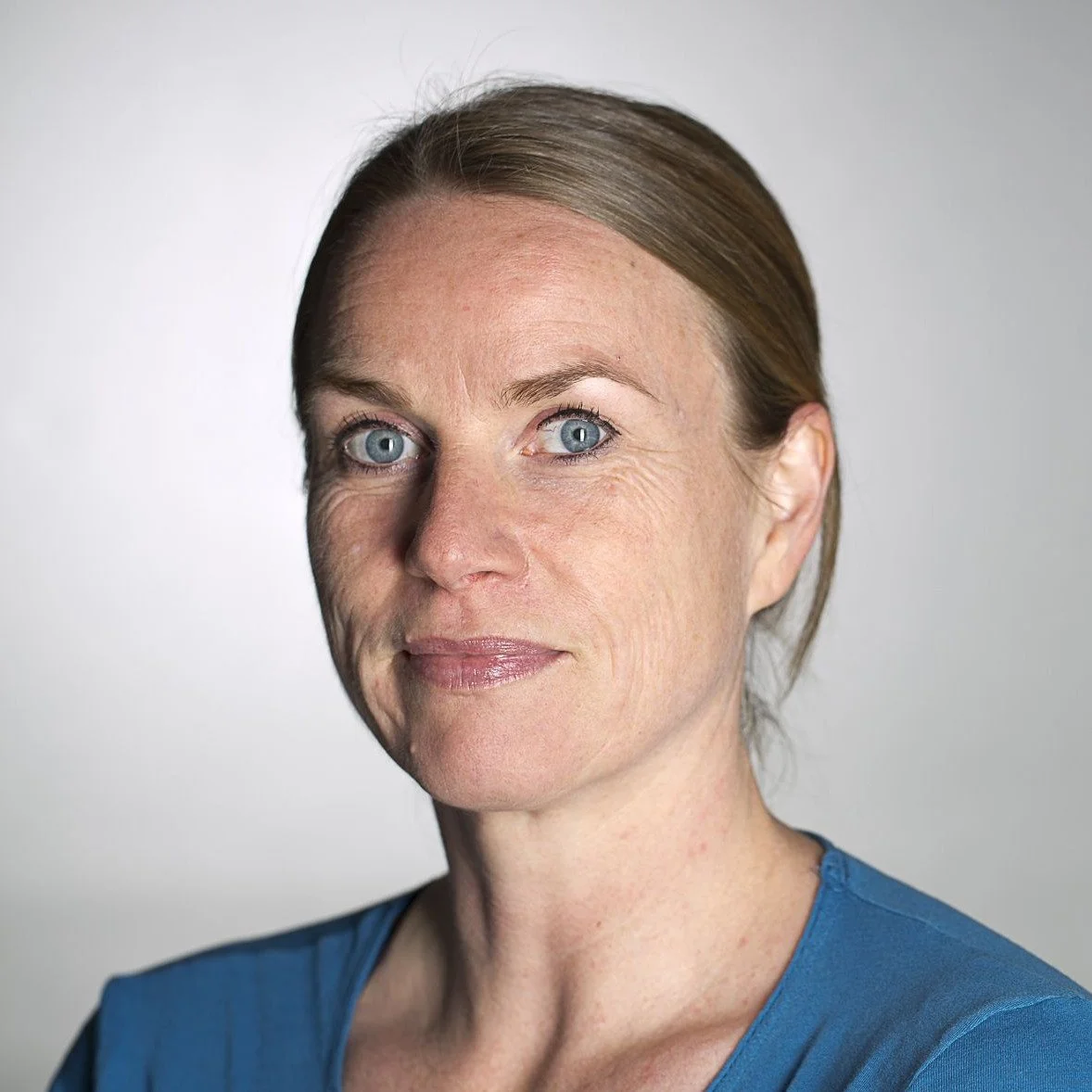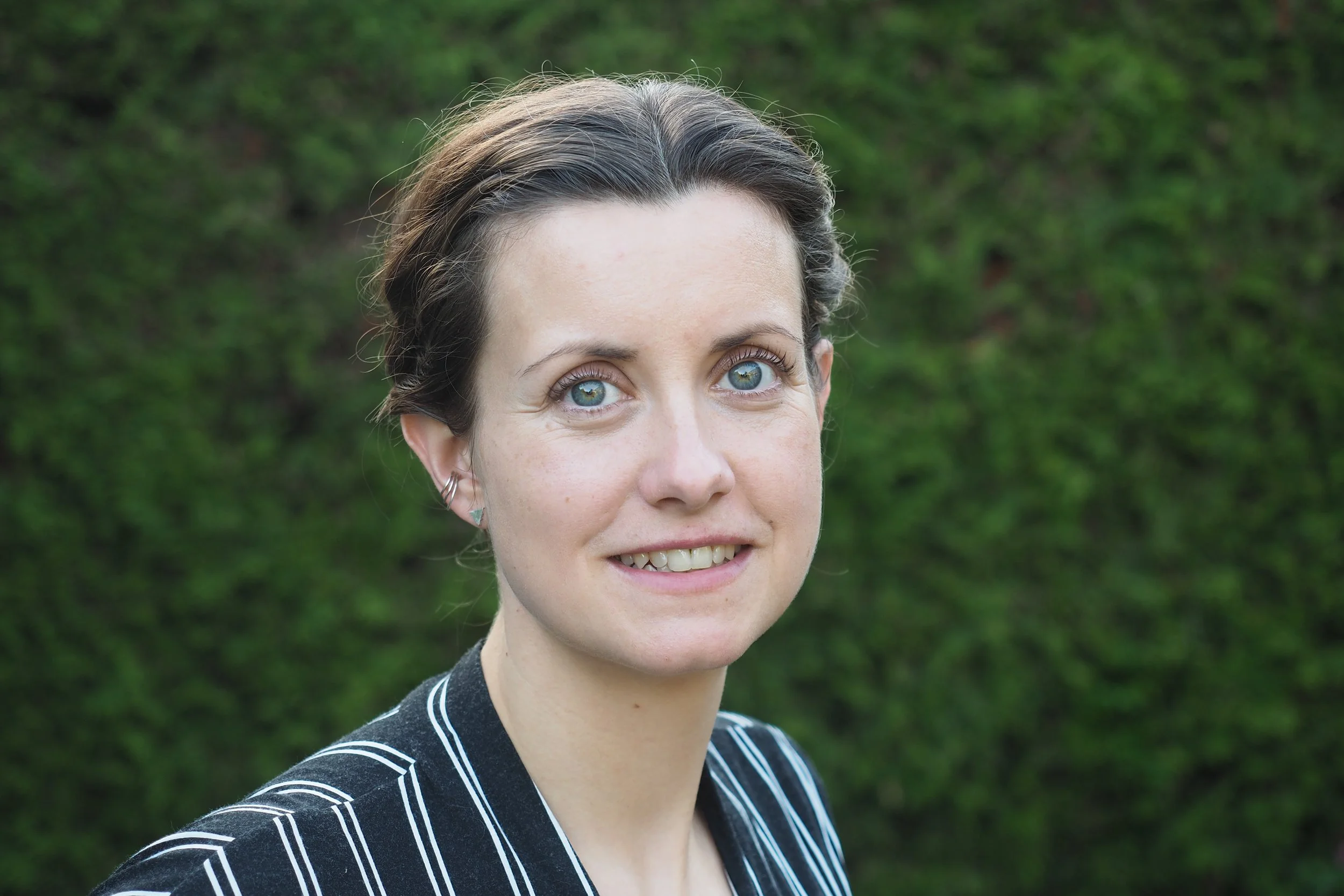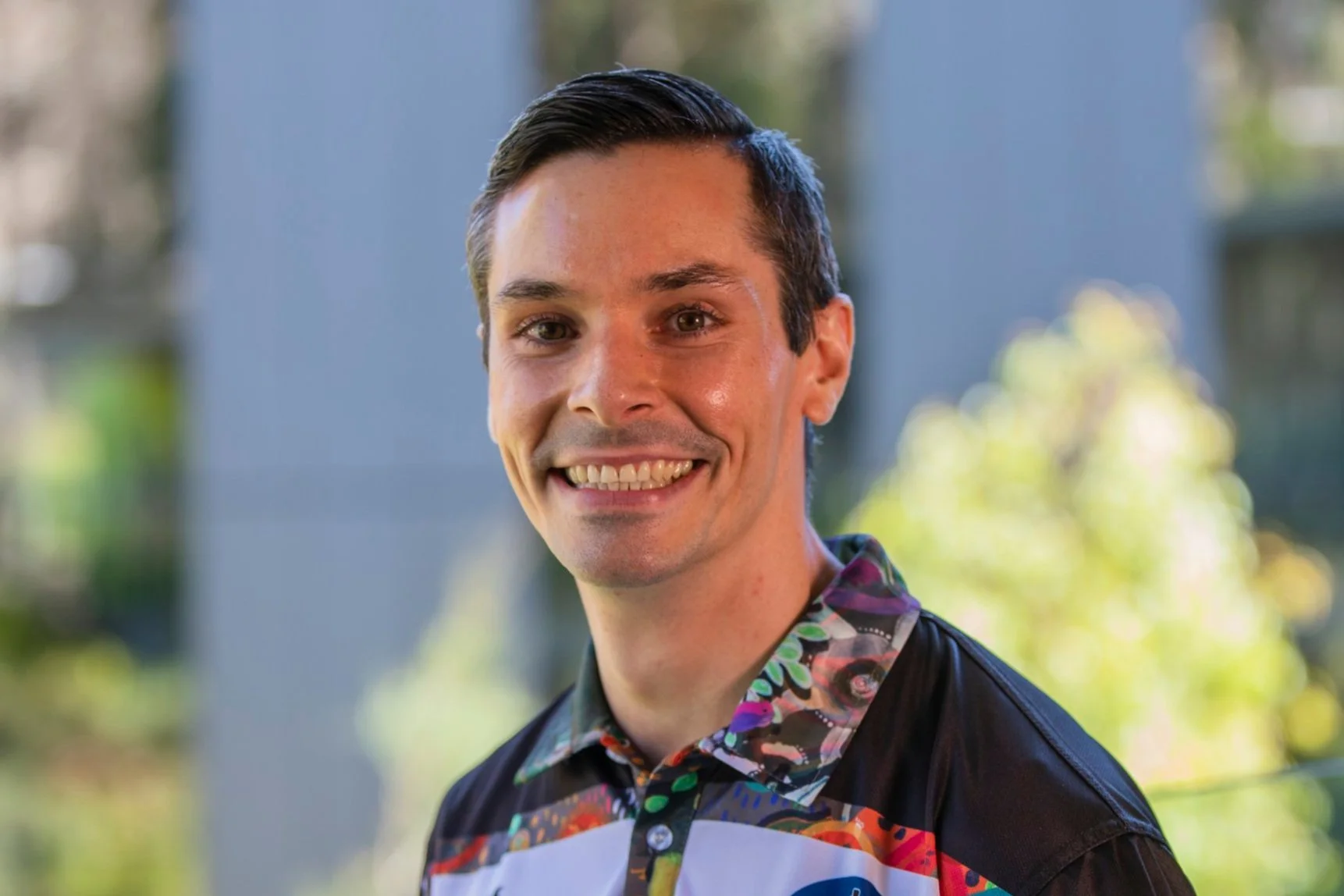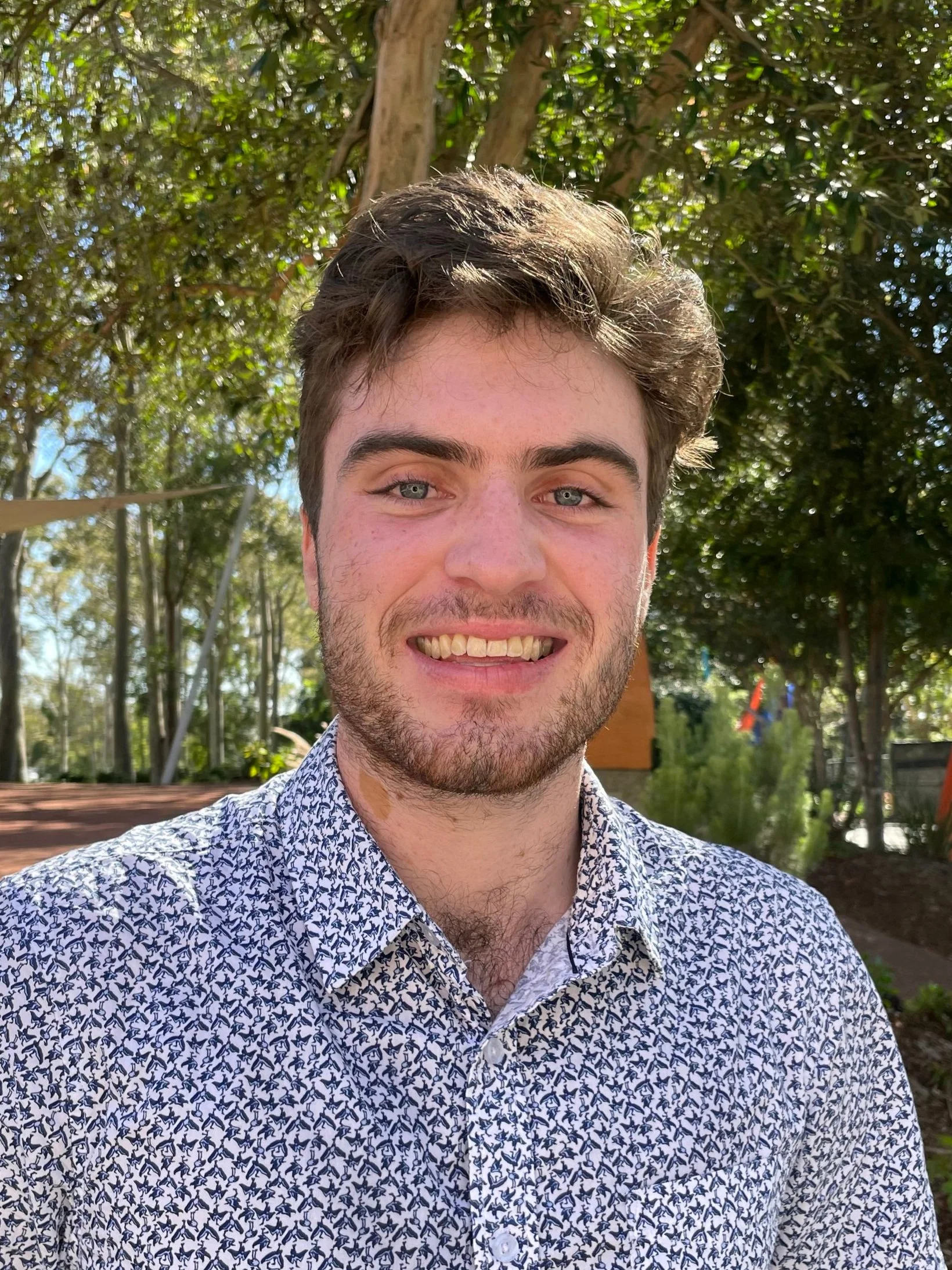Systems neuroscience examines the principles of brain function across different levels of organisation, from neurons to circuits, networks and people. Likewise, clinical disorders can occur at any of these scales - from disorders of synaptic plasticity through to the social determinants of health.
The Systems Neuroscience group employs a variety of computational and observational tools including mathematical models, advanced statistics, imaging and behavioural observations.
Our team is culturally diverse and multidisciplinary, bringing together mathematicians, neuroscientists, psychologists, clinicians, social scientists and physicists to solve important fundamental and clinical questions.
Our research projects
-
Bringing together Australia’s leading researchers, clinicians and consumers to create a powerful network for dementia prevention, treatment and care.
-
Cognitive control allows us to amplify salient features of the environment, something that people with psychosis often find challenging. This study combines computational modelling and brain imaging to identify the processes underlying this important clinical issue.
-
Is emotion really as simple as smiling when you’re happy, and frowning when you’re angry?
-
This research is looking at the interplay of sleep, cognitive abilities, brain structure and neural activity in older adults both with and without a genetic risk of developing dementia.
-
Many adults experience hearing loss later in life, which can affect their quality of life. Cochlear implants are a promising way to address this issue. We are using brain imaging to measure changes in brain function and structure after cochlear implant surgery.
-
Our Indigenous Imaging fellows are collaborating with our local mob to address the unique health needs of Aboriginal and Torres Strait Islander communities.
-
This project investigates how a brief dog-assisted intervention can reduce stress and anxiety associated with having an MRI scan in older adults.
Meet our team
Contact us
Want to collaborate? Get in touch. We’d love to hear from you.
Our group is located at the Hunter Medical Research Institute (HMRI) in Newcastle.















